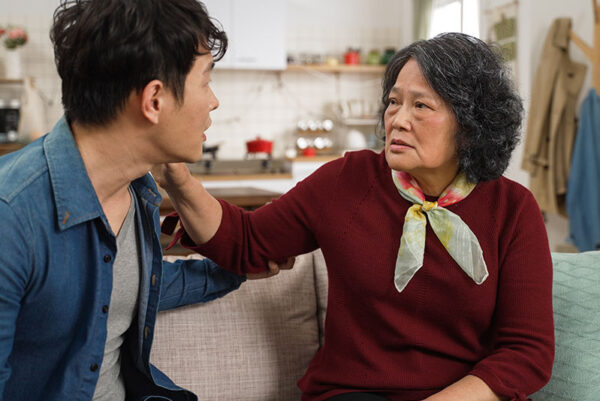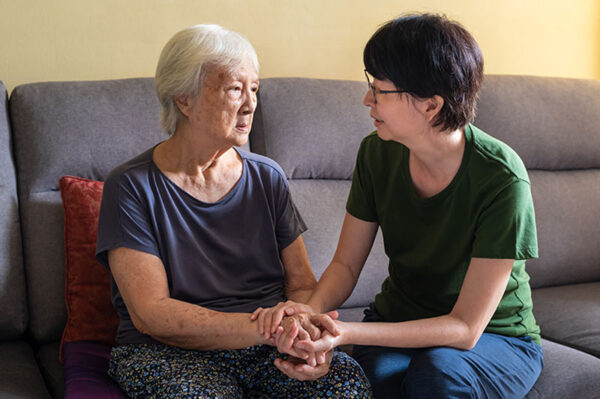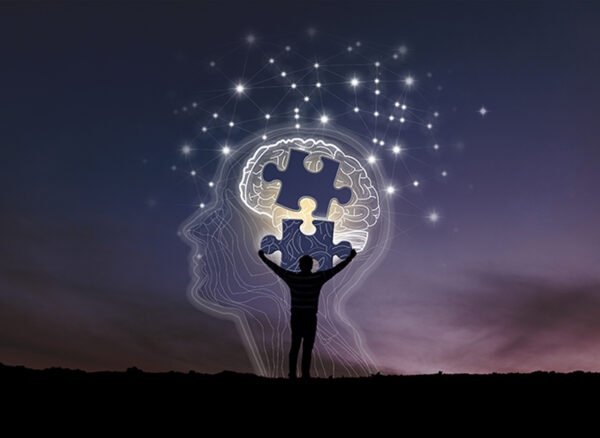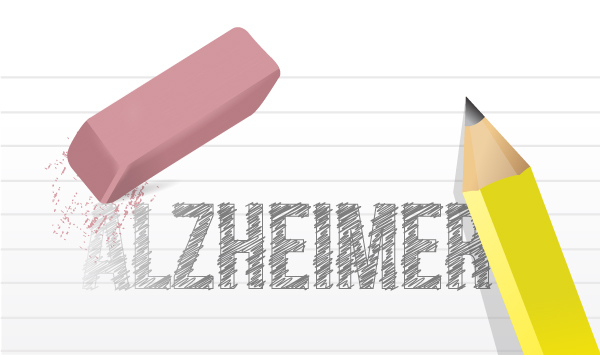What to Avoid for Effective Communication with Seniors with Dementia
Everyone slips up and says the wrong thing from time to time. Perhaps your objective was to compliment a friend on her new haircut, but you came across sounding like you were criticizing her previous hairstyle. Selecting our words carefully is always important, but even more so when speaking with a person with dementia. The…










